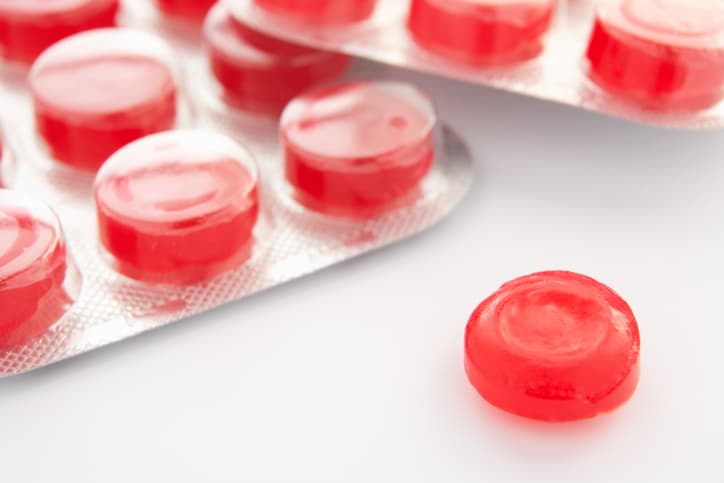
Why You Should Address Your Dry Mouth
It might seem like a minor annoyance, but dry mouth over time may result in tooth decay and tooth demineralization. When there isn’t enough saliva in your mouth, it’s hard to wash away food particles and bacteria from your teeth, notes the American Society of Clinical Oncology. When food particles aren’t washed away, the acids they produce can eat away at the outermost layer of the teeth called the enamel. Enamel that is damaged may not be able to withstand future acid attacks, thus allowing tooth decay to develop and cause a cavity.
A very dry mouth may also affect your ability to eat and talk comfortably. The Canadian Cancer Society explains that not only does saliva help with swallowing and speaking, but it contains an enzyme called amylase that helps break down your food, making it easier for your stomach to digest.
If that telltale dry, sandpapery sensation is cropping up more than just occasionally, your dry mouth could be a side effect of a health condition or medication. Chemotherapy, certain medications, diabetes, autoimmune diseases and oral infections can all be associated with dry mouth, according to the Mayo Clinic.
How Do Dry Mouth Lozenges Work?
While sipping water can help you temporarily moisten a dry mouth, your best bet is to stimulate saliva production so that your saliva can do its job in protecting your teeth and oral health. MedicineNet recommends using sugar-free salivary stimulants that dissolve in your mouth, including dry mouth lozenges. Try to find products that contain a sugar substitute called xylitol. According to a study published in Clinical, Cosmetic and Investigational Dentistry, xylitol stimulates saliva flow and can help with cavity prevention.
Xylitol is often a key ingredient in lozenges meant to relieve dry mouth. Lozenges may also contain flavouring agents and food dyes for colouring. To follow the AAOM’s recommendation, always make sure that the lozenges you choose are labelled as sugar-free.
In addition to xylitol, other properties of lozenges may help stimulate saliva flow. A study in the journal Dry Mouth discovered that taste stimulation and the act of chewing (also referred to as mastication) also work to increase saliva production. So, because lozenges have a prolonged flavour and you have to use your chewing muscles to suck on them, they may boost saliva flow.
Other Options for Dry Mouth Relief
Dry mouth lozenges aren’t your only choice for relieving dry mouth. The Cleveland Clinic recommends a few other coping techniques, including:
- Drinking water frequently
- Sucking on ice chips
- Chewing sugar-free gum that contains xylitol
- Avoiding salty, dry and sugary foods and drinks
- Limiting alcoholic beverages and caffeine intake
- Quitting smoking
- Maintaining good oral hygiene habits
Talk to your doctor or dentist about what might be causing your dry mouth. Isolating the cause can help you choose the long-term treatment method that’s right for you. In the meantime, dry mouth lozenges may provide relief.
